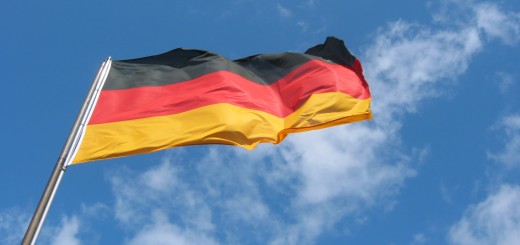Where do expats have it best?
HSBC International released the first findings of the Expat Explorer Survey 2010. Running for the third consecutive year, it reached over 4,100 expats in 100 countries. This particular survey is drawn on the views of expats and highlights the underlying economic trends:
Europe out of the loop?
The bottom of the economics league table is solely made up of European countries, as the vast majority of expats worry about the economic climate. Although 47% of worldwide expats agree that the situation deteriorated in the past year, these numbers shoot up for Spain (93%), the UK (67%), Belgium and France (both 60%). It does not come as a surprise that one in ten UK-based expat is actively looking to go home, and that 41% of expats in Spain monitor their expenditure closely.
Still struggling to get past the crisis and with few career opportunities, Europe emerged as a destination for retirement. So where do the young ones go?
Eastbound
Brazil, Russia, India and China (BRIC) have all come out on top when looking at earnings, career opportunities, economic outlook and the ability to save. Globally, 63% of expats earn more than in their home countries and benefit from increased career opportunities. In BRIC countries, it’s up to 82% of expats. Two-thirds of the expats in BRIC countries believe the economic situation improved over the past year, far superior to the 22% worldwide average.
The Middle East follows closely behind Russia: Saudi Arabia, Bahrain, the UAE and Singapore all rank high on the league table. Approximately 80% of expats resettling to these countries do so for career and money prospects, and not without reason – 90% are able to save more than in their country of origin.
What to do with this accumulating wealth?
Expats finances are still OK, phew! Overall, 61% are saving more, 43% spending more and 38% investing more. But in what? Expats usually repatriate long-term investments in property, equity and bonds (63%) but prefer to keep company shares and savings account in their host country (46%).



